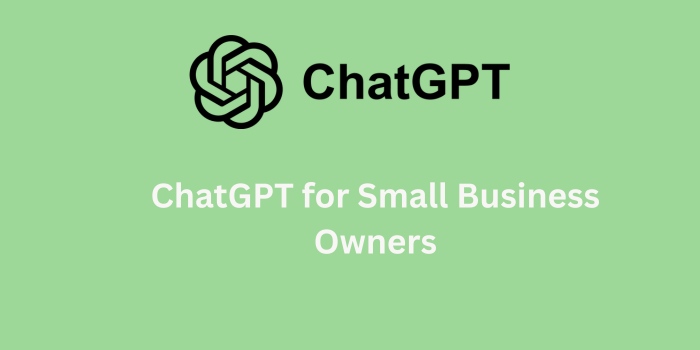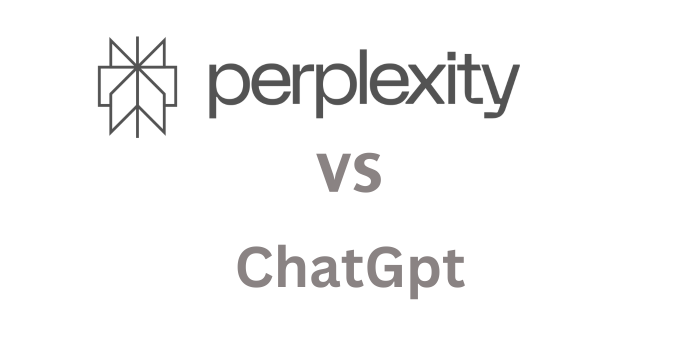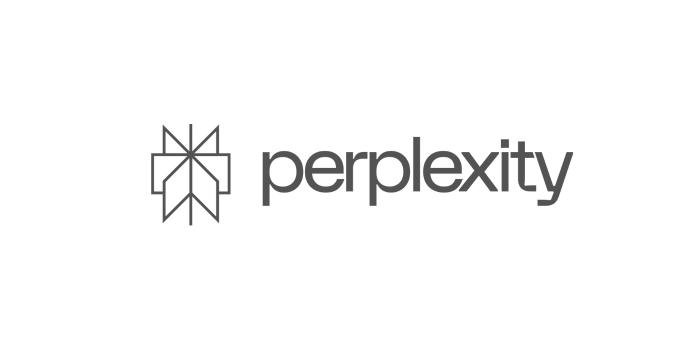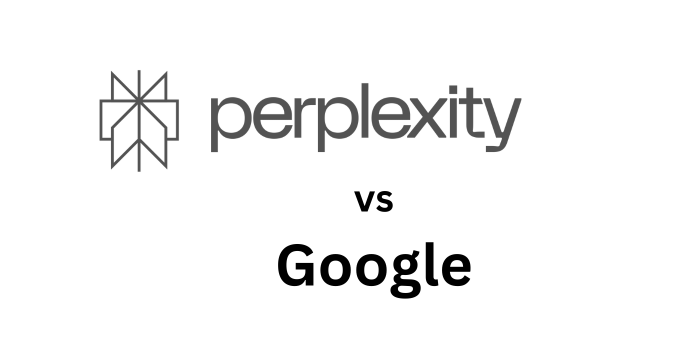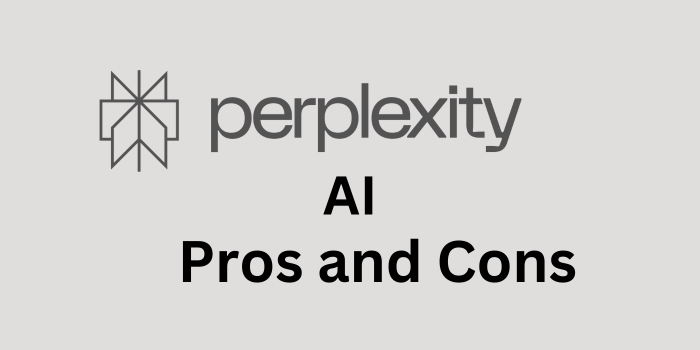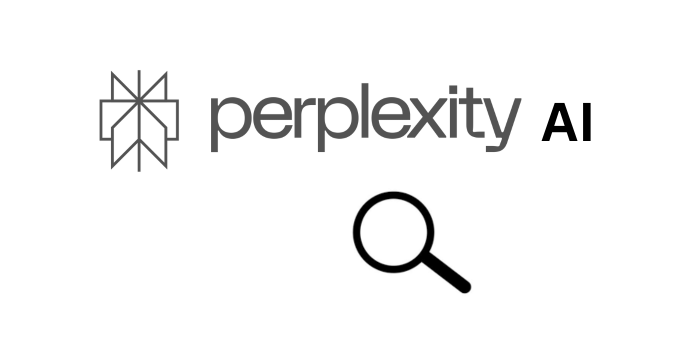As a small business owner, you juggle many roles—marketer, customer service rep, content creator, bookkeeper, and more. With limited time and resources, productivity isn’t just helpful—it’s essential. That’s where ChatGPT comes in.
ChatGPT, an advanced AI language model developed by OpenAI, can help streamline everyday tasks, save time, and boost your business’s efficiency. In this post, we’ll explore five powerful ways small business owners can use ChatGPT to boost productivity, plus actionable tips, examples, and tools to get started.
Why Small Business Owners Should Consider ChatGPT
Before diving into the specific use cases, let’s briefly touch on why ChatGPT matters for entrepreneurs and small business owners.
Benefits of ChatGPT for Small Businesses:
- Saves time by automating repetitive tasks
- Reduces costs by replacing the need for multiple tools
- Enhances creativity through content ideation and writing
- Improves communication with clear, AI-assisted messaging
- Boosts scalability by handling tasks faster and more efficiently
1. Content Creation and Copywriting
Whether it’s blog posts, social media captions, newsletters, or product descriptions, content creation is time-consuming. ChatGPT can help you create high-quality content in a fraction of the time.
How ChatGPT Helps with Content Creation:
- Blog Writing: Generate full articles based on a topic or keyword
- Email Campaigns: Write compelling subject lines and body copy
- Social Media Posts: Craft engaging captions for Instagram, Facebook, LinkedIn, etc.
- Product Descriptions: Write clear, persuasive descriptions for eCommerce listings
Example Prompt: “Write a 500-word blog post on ‘5 Tips for Small Business Marketing on a Budget.’”
Pro Tip: Pair ChatGPT with tools like Grammarly or Surfer SEO to optimize content for readability and SEO.
Related Keywords: content writing with ChatGPT, ChatGPT blog generator, AI for business content
2. Customer Support Automation
Providing fast and helpful customer support can make or break your reputation. But hiring a support team isn’t always feasible for small businesses. Enter ChatGPT-powered chatbots.
How ChatGPT Enhances Customer Support:
- Auto-reply to FAQs
- Draft email responses
- Generate scripts for chatbot tools like Tidio, Intercom, or Zendesk
- Personalize messages without sounding robotic
Example Use Case: Set up a chatbot using ChatGPT to answer common questions like “Where’s my order?” or “What’s your return policy?”
Prompt Idea: “Write a friendly response to a customer asking about shipping delays.”
Related Keywords: AI customer service, automated customer support, ChatGPT chatbot integration
3. Administrative Task Automation
Repetitive administrative tasks—like scheduling, note-taking, and report writing—can eat up your day. ChatGPT can help you automate and simplify these tasks.
Ways ChatGPT Can Help:
- Draft business emails or meeting agendas
- Summarize long documents or meeting notes
- Create templates for invoices or contracts
- Generate business reports from raw data
Example Prompt: “Summarize this meeting transcript into key bullet points.”
Pro Tip: Integrate ChatGPT with tools like Zapier or Notion to automate workflows even further.
Related Keywords: AI for business operations, ChatGPT workflow automation, time-saving tools for entrepreneurs
4. Marketing Strategy and Planning
Marketing is a must—but figuring out what to post, when, and how can be overwhelming. ChatGPT can help you brainstorm, plan, and execute your marketing strategy.
How ChatGPT Boosts Your Marketing Efforts:
- Generate marketing campaign ideas
- Write advertising copy for Google, Facebook, or Instagram
- Suggest keywords and SEO strategies
- Create content calendars and schedules
Prompt Example: “Create a one-month content calendar for a handmade jewelry brand.”
Pro Tip: Combine ChatGPT with tools like Canva or Buffer to bring your AI-generated ideas to life visually and schedule them seamlessly.
Related Keywords: small business marketing with AI, AI marketing tools, content planning with ChatGPT
5. Brainstorming and Decision Support
Feeling stuck on your next product idea or unsure how to handle a customer complaint? ChatGPT can serve as a brainstorming partner or sounding board for business decisions.
Use ChatGPT for:
- Idea generation for products, services, or campaigns
- Pros and cons analysis for different business choices
- Feedback simulation—see how customers might react to a change
- Naming your business or products
Prompt Examples:
- “Give me 10 creative names for a subscription-based dog toy company.”
- “What are the pros and cons of switching from Shopify to WooCommerce?”
Related Keywords: AI brainstorming tools, ChatGPT decision-making help, business idea generator
Tips for Getting the Most Out of ChatGPT
- Be Specific with Prompts: The more context you provide, the better the output.
- Use Iterative Prompts: Ask follow-up questions or refine your input.
- Combine with Other Tools: Use ChatGPT alongside project management or CRM tools.
- Check the Outputs: Always review for accuracy and brand alignment.
- Use Templates: Create reusable prompts for recurring tasks.
Real-Life Examples of Small Business Owners Using ChatGPT
- Boutique owner: Uses ChatGPT to write weekly email newsletters and social media captions.
- Freelance coach: Automates onboarding emails and client feedback surveys.
- Local café: Generates blog content about seasonal ingredients and promotions.
Security and Privacy Considerations
While ChatGPT is powerful, be cautious with:
- Sensitive client data: Never share private information in prompts.
- Business financials: Avoid using AI for tasks involving confidential numbers without protection.
- Third-party integrations: Choose secure platforms when connecting ChatGPT with other tools.
Conclusion: ChatGPT is a Game Changer for Small Business Productivity
From writing content to automating customer support, ChatGPT offers small business owners a powerful ally in saving time, improving quality, and scaling smarter—not harder.
Whether you’re running a solo business or managing a growing team, exploring how AI can fit into your operations is a step toward smarter productivity.
